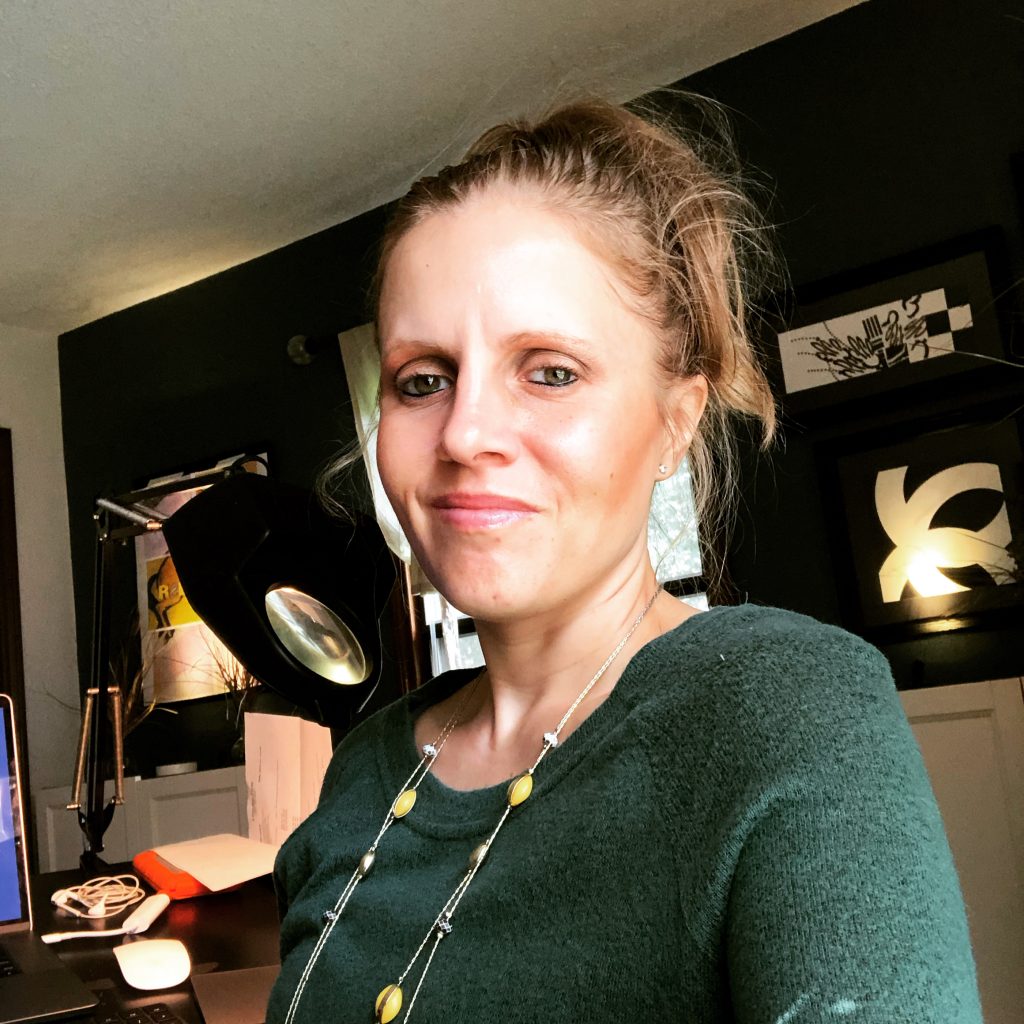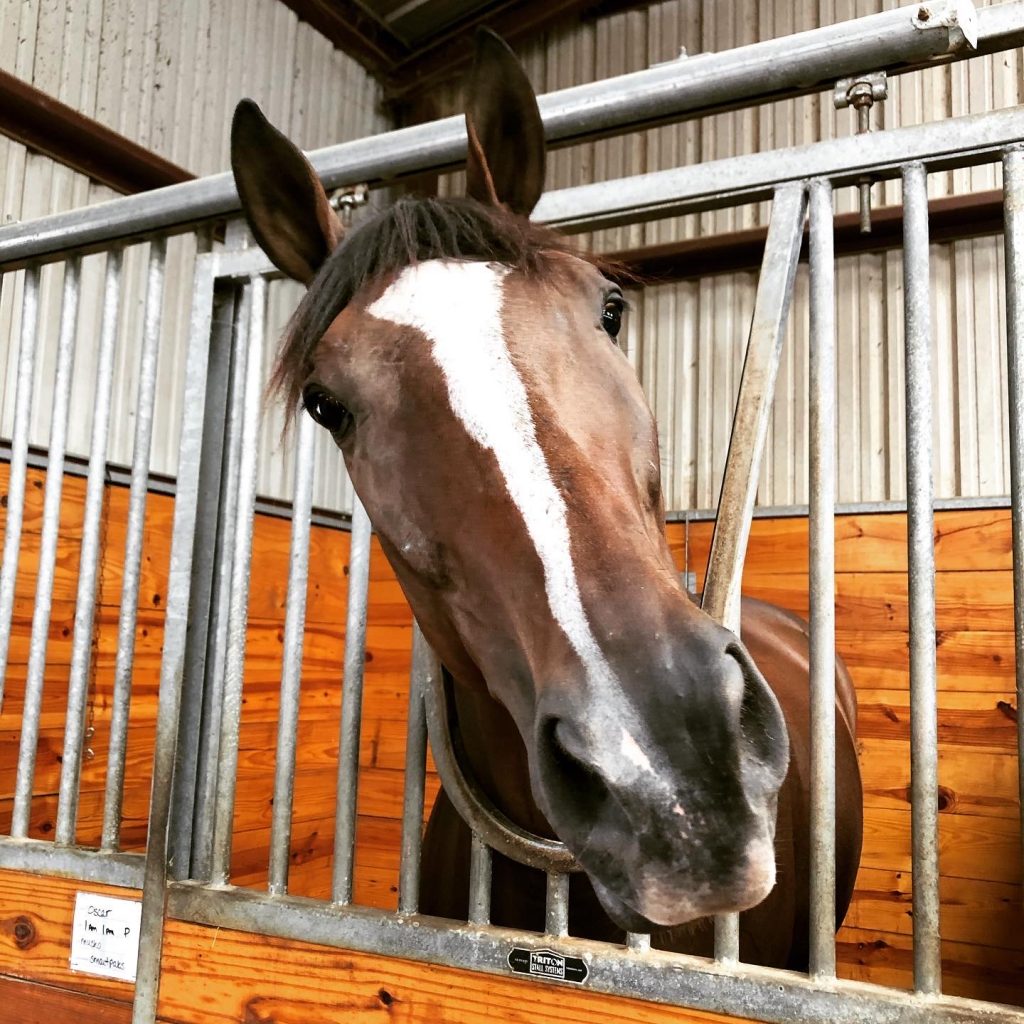
Amy Heidbreder
Blogger and Freelancer
Amy is a professional web content manager in megachurch world and a humble amateur equestrian. Follow her adventures of praying and riding. Available for freelance.
Does everyone have to work this hard?

As I experience an uptick in my freelance demands, my blog may start waning. I hope to publish weekly content. I’m a day or two behind on this one.
Part of my intent with this blog is to bring to light inequality, especially in equestrian sports. I’ve detailed this mission in some previous blogs. There’s an entire sect of people dreaming of the grand prix ring with no means of getting there. The world of english horse sports absolutely favors people with money, minimizing the amount of riders who can be successful at it. To make it, you have to have an astounding work ethic and talent, but that alone does not determine success. In today’s horse world, you also have to have fairly immense financial backing. Children born into a family of wealth have a leg up in the horse world as they can pursue their dreams immediately, whereas others have to graduate from college, enter the work force and accumulate wealth and funds first before being able to prioritize their riding. That is a huge, unfair set back, severely undermining many talented rider’s careers. Do we see the best of the best riding at the top of horse sport? Or do we see the best of the rich or the best of the friends of the rich at the top of horse sport?
There is an equestrian media outlet, Noëlle Floyd, that made a statement recently on their Instagram. They stated that,
Horse shows don’t matter as much as you think.
Noëlle Floyd
They went on to say,
The world of competitive horse sport is a bubble of mirrors. Don’t be shamed into thinking that the horse shows you go to (if you go to any at all), the level you compete at or the extent of your goals reflect your value as a rider or your potential as a horseman or horsewoman. You could be the best rider in the world and never go to a horse show in your whole life.
Noëlle Floyd
While, I generally agree with that statement, because yes, riding is not about competition. It’s about building a relationship with a horse, having fun, and developing a unique way of communicating. It’s about the horse and rider bond, not horse shows, but I do feel that statement by Noëlle Floyd is somewhat dismissive of goals had by any rider who wants to make it in horse sports. It’s dismissive of my life goal to show in at least one grand prix before I die. To this statement I might ask don’t we want our sport represented by the best riders in the world? If the best rider in the world is sitting at home, why? Why doesn’t that rider want to compete? Do they not like what the sport represents? Do they not like the attitudes of the people in the sport? Do they disagree with the rules? Do they not have the money? Yes, that rider could potentially just not like competition from a fundamental level and prefers riding at home, but if they have a problem with the sport, why aren’t we trying to fix this problem, instead of dismissing this problem?
While I questioned this one post by Noëlle Floyd, I do love what they represent as an organization. They are actually trying to do something to make the world of equestrian sports more accessible. They produce highly accessible content and digital Masterclasses taught by some of the top riders in the sport. While digital videos don’t necessarily replace on the ground help, this organization is truly stepping in the right direction in embarking on the journey of how to make quality riding education more accessible to average people.
Every decade, the world of equestrian sports becomes increasingly elitist, and we need balance fighters like Noëlle Floyd to take on this challenge of giving riding back to the people—to giving little nobodies, like me, at least a shot in accessing quality riding education.
The unfortunate reality in this world is that fairness and equality in life does not actually exist. As a society, we implement systems to attempt and level the playing field with fair and just rules so that each person has a fighting chance at success, but no matter how level the playing field is made, all unfairness cannot be accommodated, and even if it could, systems usually don’t move fast enough to continue accommodating all possible unfairness.
In the world of software development, developers have to outpace hackers. The second a new OS is launched, there is an immediate onslaught of hackers trying to find the new software’s weaknesses. In fact, to get ahead of the curve, did you know hacking is an actual job? Big software companies hire hackers as part of the testing process to see if these hackers can uncover security weaknesses before they launch a product. Hackers trying to break into a product are so prevalent, that fighting them is an entire team’s full-time job. This exemplifies the competitive nature of being human, and this goes for every system that exists. There is usually an onslaught of people trying to figure out how to take advantage. If not checked, the advantage seekers begin tipping the scale to a system that becomes increasingly unfair.
So, where am I going with this?
I intend to vent a little on this blog, and I’m sure many can relate. As I used my lunch break to throw together two proposals for logo projects, then to email back a freelance client, I thought to myself, does everyone have to work this hard? The question came on the heels of a long weekend, where I had just gotten on my horse when one of my team members called me with a fire at work. Needless to say, that ride was not in the least bit productive. I’m sure my experience is not novel by any means, but the truth is, no. Not everyone has to do what I do every day. I pay the price of what many other amateur adult riders do, and that is struggling to balance doing what I love and paying for it.
I could complain all day long about the peers I see ride circles around me in the show ring, many of them without real jobs, and one might ask is this actually a problem or is this instead an internal struggle I have with jealousy? That’s absolutely a valid question. It’s the nature of being human to always want a little bit more. Greed is in our competitive disposition. We see winners of shows glorified and pampered with gifts, and it’s innate to want a piece of that. We want to achieve and win. So, is this really about inequality or is this about me being a sore loser? Because I’m left wanting, what right does that give me to something that isn’t mine? All valid questions. There are far bigger problems in the world. Did you know 1 in 10 people don’t have access to clean drinking water? And here I am, complaining about training horses. Am I just going to sit here and complain or do I have any real solutions to offer?
I am not owed anything. The world does not owe me a single cent. I am not asking for a hand out, but only asking what if we changed the system to try and start leveling the playing field? Yes, my jealousy and competitive nature plays a role in how I feel, but it is only a piece of the equation. Gross inequality is prevalent in horse sports. To chalk my feelings up to just jealousy is to be in denial. I was chatting with a friend and client recently about barns we had seen, talking about trainers we’ve ridden with. This friend went on, talking about the cost of riding at one trainer’s barn. The price he stated in the conversation was exorbitant for someone like me. I think he stated board alone was $1,200.00. He went on to add that one of that trainer’s clients had nine horses in training there. NINE. This person could afford nine horses in training at a place where board alone cost $1,200.00. That’s over $10,000 a month just for board.

When talking about gross inequality, this is what I’m referring to. I can’t even afford $10,000 to buy a horse period. My lovable Thoroughbred cost me less than $6,000. I can’t imagine living with the type of wealth that can afford over $10,000 monthly just for board. How do I compete fairly against someone in the show ring who can afford that many more chances at being successful? I’ll reiterate that this person owes me nothing. This is life, and life is unfair, but what if we could shake up the system? I feel like these questions start at the top, within our governing bodies. Perhaps we can do nothing to reduce the cost of this sport, but could we do something to incentivize people who can afford nine or ten horses to fund a struggling amateur? Could we change rules such that struggling amateurs could accept funding without going pro?
Maybe it’s time too that we start glorifying multi-faceted people who are funding themselves, who have real jobs, and still manage to make it work. People relate to struggle. You never see a made for Hollywood movie about born into wealth Karen who rides to the top of the sport on her parent’s dime. Struggle is what makes the good stories great. People gravitate to those stories, because they’re tales of overcoming, tales of beating the odds, tales of hope. The world needs hope right now and we need a sport that glorifies hard workers and those that overcome struggle. I fear without that this sport is at risk of becoming so elitist it finally becomes obsolete.
If I could ask anything of those that struggle like me, it would be to endure, to patiently keep grinding toward your goals. Your goals of the grand prix ring aren’t stupid. Be bold. Set your eyes on something as ridiculous as the Olympics. Let’s not burn out. Let’s show the horse world we are a force to be reckoned with. We are overcomers and equestrian sports needs more riders like us.
Perhaps someone who wants to hold fiercely their nice horses and belongings doesn’t want to invest in a struggling kid trying to piece riding together in her Troxel helmet and faux leather tall boots. I certainly hope that wealthy individual is giving somewhere, though. Even a struggling amateur adult like myself manages to donate 10% of my income to charity. I believe in the tithe, and there are so many struggling people on this Earth. If you won’t consider donating to the struggling rider, maybe consider donating to help others in this world rather than buy that 11th horse.
My hope is for people to be more considerate of others and be brave enough to take a chance on people in need.
I mentioned access to clean drinking water above. Below is a video for Charity Water. It’s a beautiful story that offers great perspective. There are so many great charities out there helping people. Are we doing what’s right with our money? Could we be paving a way for others and the future of our sport? These are questions I hope those with wealth consider.